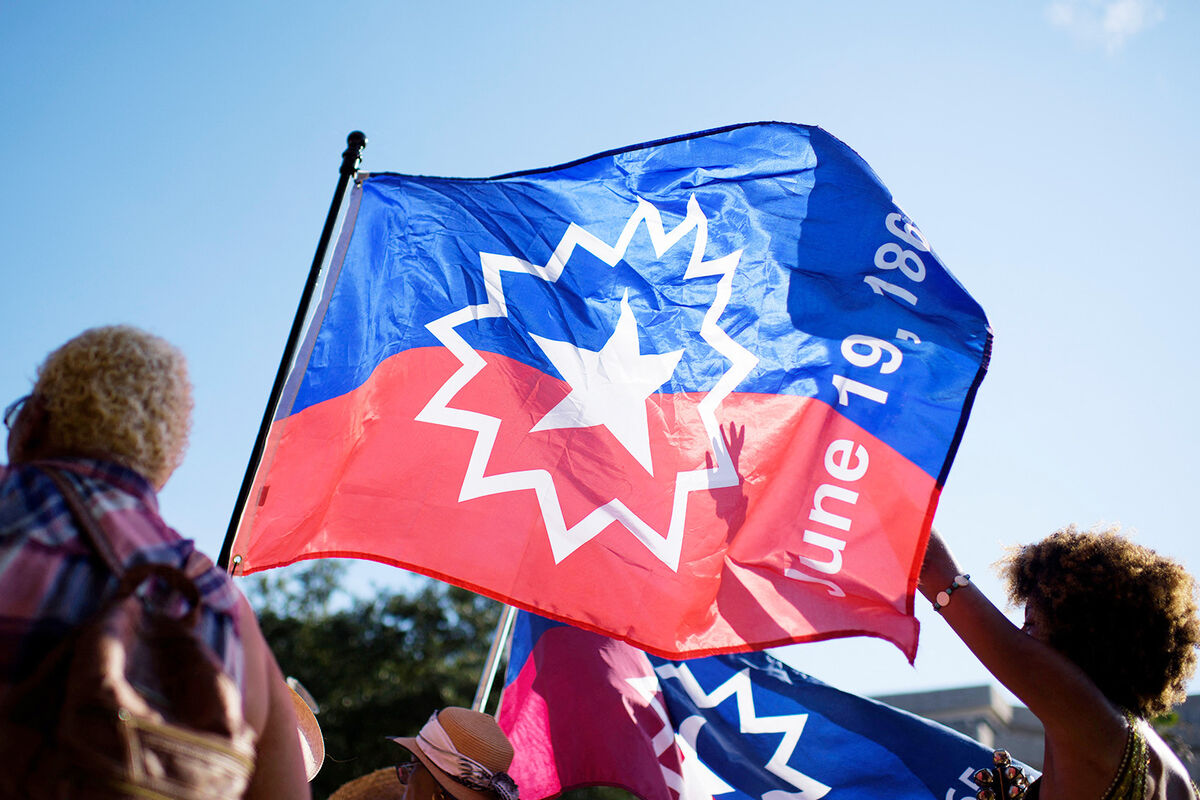
On June 17, 2021, President Joe Biden signed a Congressional bill to declare Juneteenth a federal holiday in the United States. Officially known as Juneteenth National Independence Day, Juneteenth has been a day of celebration in Black communities in Texas for over 150 years (where it’s known as Jubilee). But what does Juneteenth commemorate, and why is it considered “America’s second Independence Day”?
Juneteenth: June 19, 1865
Juneteenth, a portmanteau of June and nineteenth, celebrates the last official day of slavery after the American Civil War (June 19, 1865) and has steadily become more well-known in the 21st century. Many consider Juneteenth to be the country’s Second Independence Day because it marks the first day all Americans were recognized as free citizens, regardless of their race.
Juneteenth National Independence Day is also frequently known as:
Black Independence Day
Emancipation Day
Freedom Day
Jubilee Day
A Timeline of Emancipation
But didn’t the Emancipation Proclamation, which was issued on January 1, 1863, free the slaves? Technically, it did — but it took some time and the end of the Civil War to enforce the decree. In fact, many enslaved Black people in Texas didn’t know they had even been freed until Juneteenth, over 2 years later.
September 22, 1862 - President Abraham Lincoln issued the Preliminary Emancipation Proclamation, threatening the Confederacy that all slaves would be freed if they did not surrender by the first day of 1863.
January 1, 1863 - Lincoln signed the Emancipation Proclamation, freeing all slaves outside Union control in the United States (excluding Union-friendly states Maryland, Missouri, West Virginia, and Tennessee), but did not enforce the proclamation or make slavery illegal.
November 1, 1864 - Maryland abolished slavery.
January 11, 1865 - Missouri abolished slavery.
January 31, 1865 - The Thirteenth Amendment (which abolished American slavery) was passed by Congress, though it was not yet ratified by the states.
February 3, 1865 - West Virginia abolished slavery.
February 22, 1865 - Tennessee abolished slavery.
April 9, 1865 - Confederate General Robert E. Lee surrendered to the Union; the Civil War ended.
June 19, 1865 - Major General Gordon Granger issued General Order 3 to abolish slavery in Texas, the final slave state, and free over 250,000 enslaved Black people.
The Thirteenth Amendment was ratified on December 6, 1865, almost three years after Lincoln’s Emancipation Proclamation. By 1866, slavery was officially abolished in the United States.
How To Celebrate Juneteenth
Juneteenth is an opportunity to recognize and celebrate Black culture in the United States. While the biggest celebrations are found in Texas, there are lots of ways to observe Juneteenth locally, including:
barbecues (with lots of Southern foods)
fireworks
street festivals and parades
concerts held by Black artists
honoring Black art and literature
visiting important Civil War sites and memorials
Don’t Wait Until June This Year
The date doesn’t have to be June 19 for you to think about Black history and culture. For more resources on powerful Black leaders and moments in time, check out: